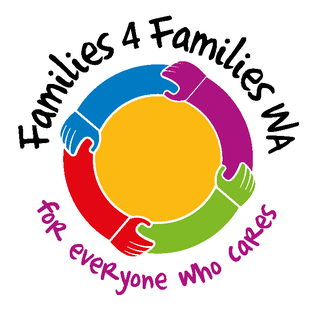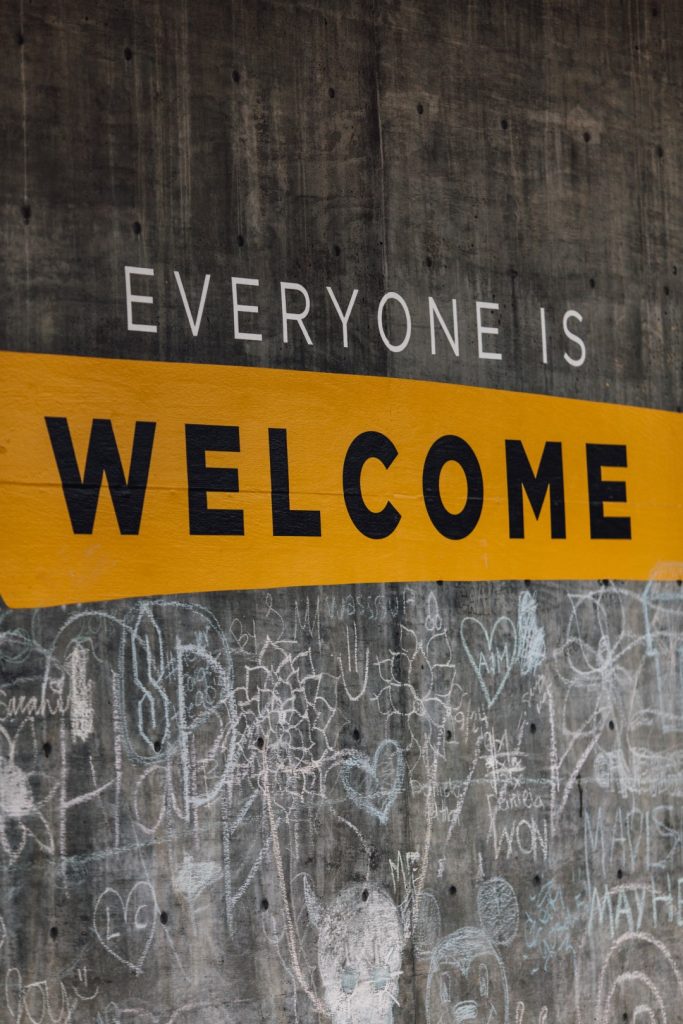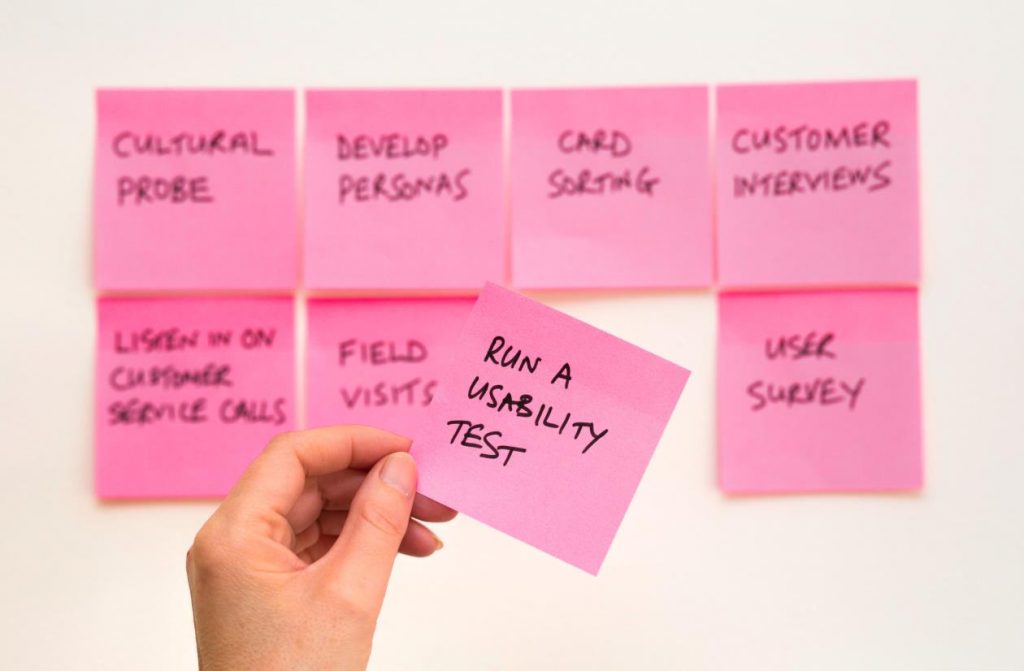Too often in the systems they navigate, family members are labelled as ‘difficult’ or ‘demanding’, ‘over-involved’ or ‘not supportive’. Families are labelled as ‘dysfunctional’ or ‘multi-problem’. They are often cast as part of ‘the problem’ or as having caused ‘the problem’. It is important to recognise that violence and abuse can and does happen within some families and that inter-generational trauma is real and disrupts healthy connections. However, research shows that supportive relationships with family and close friends is key to an individual’s recovery. Healing is important for all members of a family including children, so that the family unit and the people within it can recover and thrive.
F4FWA counters the stigma and discrimination faced by families by shining a light on their strengths, skills and expertise. Our peer facilitators foster a space that encourages and supports self-advocacy and taking back power.
Navigating one system, such as mental health services, can be challenging enough. When it comes to managing interactions with multiple systems – mental health, alcohol and drug services, and the criminal justice system – the task can feel overwhelming. F4FWA addresses this issue head-on. Our members bring a wealth of experience navigating a range of services and systems, and they’re eager to share their knowledge and insights. Their shared expertise paves the way for others to have better experiences.
Lastly, at F4FWA, we firmly believe in the power of diversity. Every individual’s story is unique, and we celebrate these differences. We welcome everyone, from all walks of life, recognising that each new perspective enriches our understanding and strengthens our community. By working together, we can foster empathy, understanding, and resilience.







